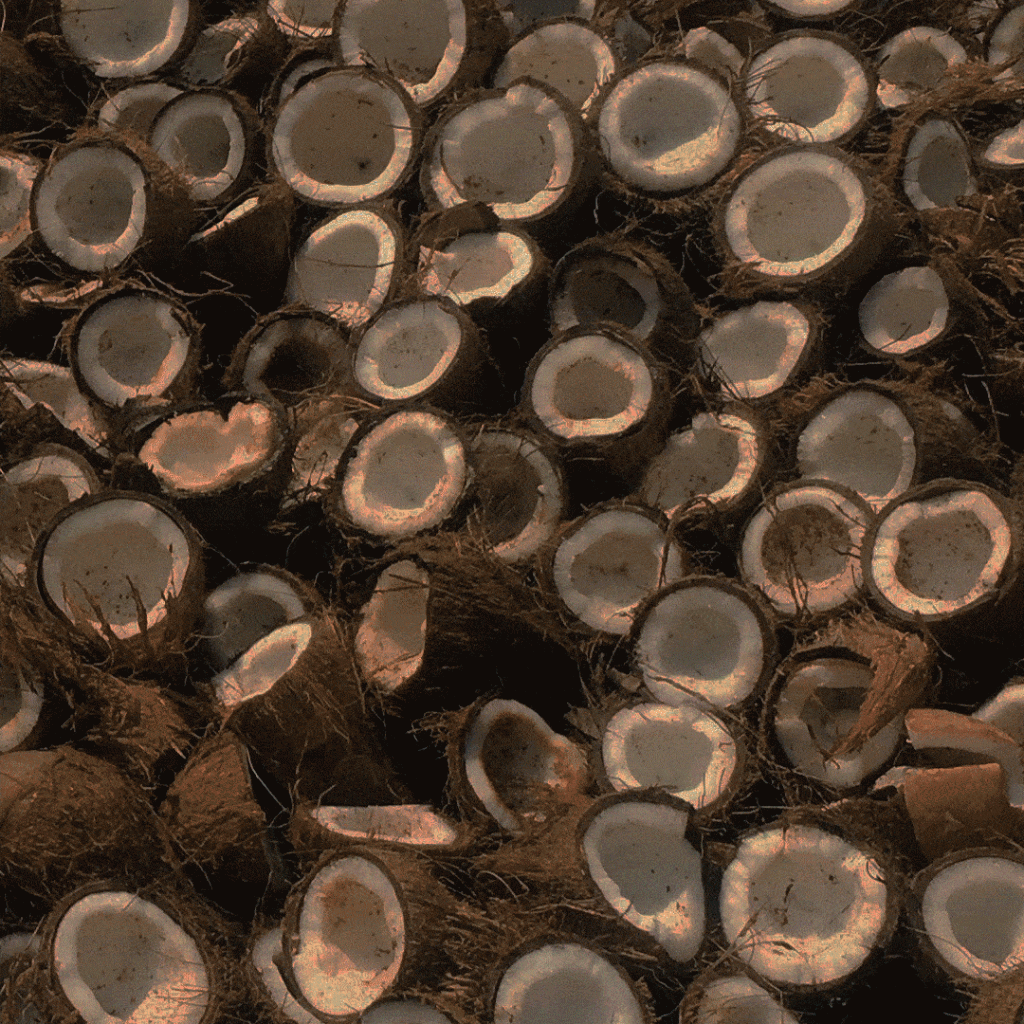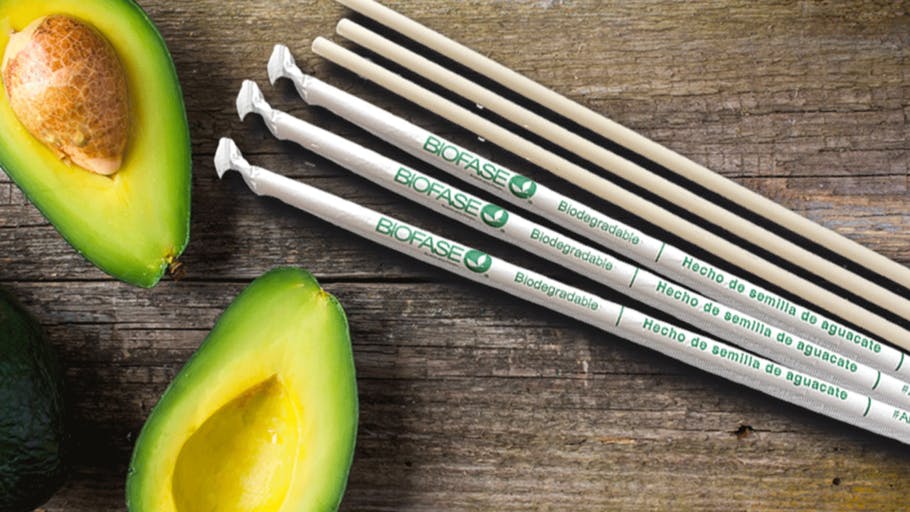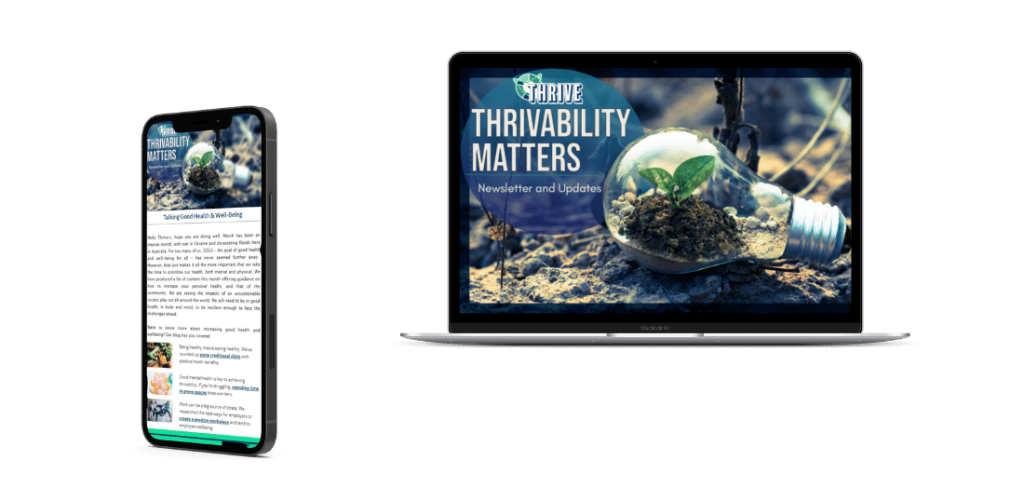India and Mexico are creating revolutionary inventions within the sustainable agribusiness sector. From bioplastics to biowaste materials, companies such as Malai and Biofase, are producing lifestyle products from organic waste. In fact, both agribusinesses are addressing a solution to the global food waste crisis. Did you know that 1.3 billion tonnes of food is wasted every year whilst around 690 million people in the world go hungry? Moreover, food wastage leads to a heavy carbon footprint. Much of the food discarded ends up in landfills, which are becoming a significant source of methane emissions and are 25 times more efficient at trapping heat than carbon dioxide. This is why using biowaste in lifestyle products could bring the world one step closer towards eliminating food waste and combating climate change. Here’s what the world can learn from Mexico and India’s biowaste businesses that are producing simple, yet efficient, products that help fulfill the SDG 12 by 2030.
Sustainable Agriculture Businesses in India
Malai

Despite 40% of the food being wasted in India, Malai Biomaterials Design is changing the way food waste is being utilised in the fabric industry. Located in Kerala, Malai produces a sustainable design fabric using coconut waste, sisal fibre, hemp fibre and banana stems. The company works with its community’s farmers and processing stations by collecting their coconut water to create their leather-like material. Additionally, not only can Malai’s fabric be used for bags and footwear, but for pillows, and wall panels as well.
Undoubtedly, Malai’s material revolutionises the fashion industry’s approach to sustainability. In other words, by using and processing organic waste, Malai is challenging the status quo of the artificial leather and textile industry. However, in order to let sustainable business models such as Malai flourish, more government investment should be made into creative and sustainable agriculture endeavours.
Sustainable Agriculture Businesses in Mexico
Biofase

With 20 million tons of food wasted in Mexico annually, the pressure to take action within the food waste industry is high. Yet, Mexico’s surging bio-plastic market is breaking barriers in the biowaste market.
Located in Michoacan, Biofase transforms avocado seed waste and other organic matter into straws and cooking utensils. Truly, Biofase’s success as Mexico’s only biopolymer manufacturer deserves a round of applause. Yet, besides manufacturing biodegradable products, Biofase also states that there are challenges when it comes to improper rubbish disposal. Eco- friendly and informative, Biofase ships their products to over 25 additional countries! Moreover, the Mexican government is focussed on research and development programs for bio-plastics.
Despite India and Mexico receiving praise for their businesses, the world must take further action to reduce food waste. What we can learn from India and Mexico’s creative biowaste businesses is that if we want to fulfil the SDG 12 by 2030, creativity is the key to tackling both the socio-economic hunger complications and climate change.
Ever wondered how can you make a difference, instead of relying on enterprises to take action? Join the THRIVE Project where grounded in the sciences, thrivable innovations guide civilization towards sustainability by addressing our environmental and societal challenges.
References
Economic Times India. 2020. Indian Startups Seek High-Tech Solutions to Colossal Food Waste. Available at: https://economictimes.indiatimes.com/tech/startups/indian-startups-seek-high-tech-solutions-to-colossal-food-waste/articleshow/79184382.cms
Food and Agriculture Organization of the United Nations. 2011. Food Loss and Food Waste. Available at: http://www.fao.org/food-loss-and-food-waste/flw-data)
Food and Agriculture Organization of the United Nations. 2019. Tracking progress on food and agriculture-related SDG indicators 2020. Available at: http://www.fao.org/3/a-i4674e.pdf
United States Environmental Protection Agency. 2018. Greenhouse Gas Emissions. Available at: https://www.epa.gov/ghgemissions/overview-greenhouse-gases#methane
Food and Agriculture Organization of the United Nations. 2018. Mexico Wastes 20 Million Tons of Food per Year. Available at: http://www.fao.org/in-action/agronoticias/detail/en/c/1129783/#:~:text=Nearly%2020%20million%20tons%20of,of%20Environmental%20Promotion%20and%20Regulation
Hares, S. 2018. Turning Waste into Bioplastics Mexico Strikes Green Gold. Availible at: https://www.reuters.com/article/us-mexico-environment-plastic/turning-waste-into-bioplastics-mexico-strikes-green-gold-idUSKCN1LS23B?dition-redirect=in
Rao, Y. 2020. Presenting: The Better India’s Best of 2020 – Noteworthy Businesses. Available at: https://www.thebetterindia.com/246073/tbi-2020-list-best-businesses-india-ecofriendly-sustainable-2020-recycle-garbage-plastic-waste-organic-farming-yos191/
The New Indian Express. 2020. Take a Look at your Food Habits. Available at: https://www.newindianexpress.com/opinions/2020/may/11/take-a-look-at-your-food-habits-2141653.html#:~:text=Food%20wastage%20is%20an%20alarming,of%20wheat%20are%20wasted%20annually.




After checking out a handful of the blog posts on your web page, I seriously appreciate your technique of writing a blog. I added it to my bookmark site list and will be checking back in the near future. Please check out my web site as well and let me know your opinion. Lola Chris Frazer
A round of applause for your blog. Much thanks again. Cool. Meggie Claudian Lunnete
Pingback: Methane in our food value chain: What can we do about it? - THRIVE blog
Comments are closed.